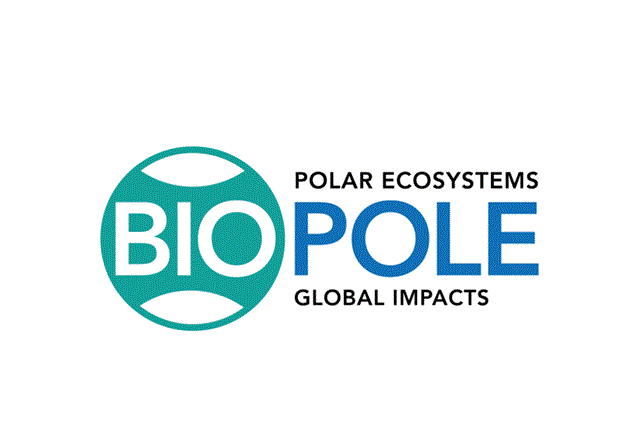
SCAR is a key stakeholder in this programme. The aims of BIOPOLE align with a number of SCAR research programmes and action groups, including the Integrated science to inform Antarctic and Southern Ocean Conservation (Ant-ICON) programme, the Near-term Variability and Prediction of the Antarctic Climate System (AntClimnow) programme, the Integrating Climate and Ecosystem Dynamics in the
Southern Ocean programme (ICED), the Southern Ocean Observing System (SOOS), and our action groups such as the SCAR Krill Action Group (SKAG) and Plastics in Polar Environments (Plastic-AG). SCAR and BIOPOLE will work together to facilitate collaborations among these (and our mutual stakeholders) to enhance opportunities for knowledge and data exchange, fieldwork, modelling and analyses to fulfil mutual objectives. This includes participation of BIOPOLE members in meetings, activities, and email listings of SCAR initiatives, and attendance of our representatives in BIOPOLE stakeholder engagement activities (including annual BIOPOLE meetings in 2023-25 and the BIOPOLE international science meeting in 2026). We also see synergies with our future ICED-SCAR multi-year fieldwork campaign and consider BIOPOLE input to the coordination of field programmes to be of strong mutual benefit.
To find out more about the programme and how to get involved please visit www.biopole.ac.uk and follow us on Twitter @BIOPOLE_NERC or contact [email protected], Geraint Tarling (Principal investigator, [email protected]), Nadine Johnston (Scientific Co-ordination and Outreach, [email protected]), or Elaina Ford (Project Manager, [email protected])
